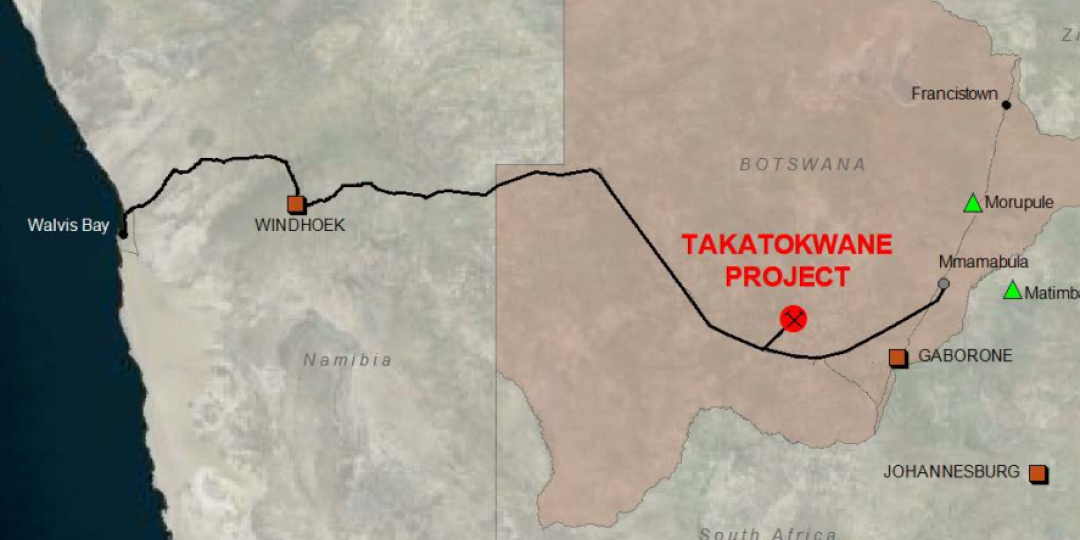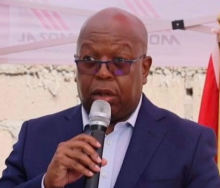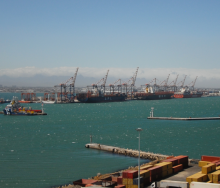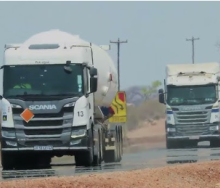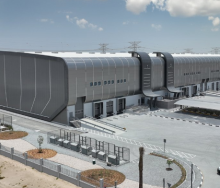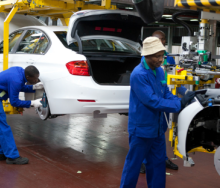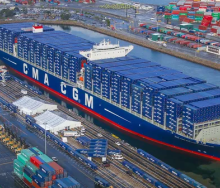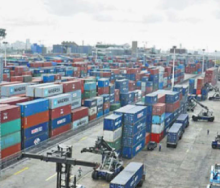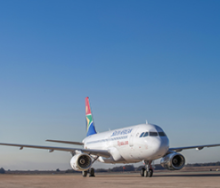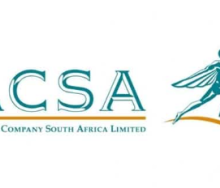An ambitious cross-border railway expansion project that many industry insiders said was dead in the water since it first made news following a bilateral agreement in 2014, is back on track between Namibia and Botswana.
This has emerged through the announcement of an “Expression of interest (EOI)” for the Trans-Kalahari Railway (TKR) line from Botswana’s Mmamabula coalfields north of Gaberone, to the Port of Walvis Bay.
Whereas a line already exists from the port to Gobabis near Namibia’s Buitepos border with its landlocked neighbour, the TKR Project serves to extend the line all the way through Botswana’s hinterland.
It is understood that the EOI phase of the project will run till November 8.
Although the project was enthusiastically received at first, it ran into funding problems from the start.
Answering questions in Botswana’s parliament a year after the agreement with Namibia was signed, the minister for science, infrastructure and technology, Nonofo Molefhi, said the project “was on hold pending the sourcing of funds”.
At the time Molefhi said he was uncertain when work on the project would start, as private investors were still being sought.
In the intervening years, one of the executives who continued to promote the prospects of the TKR was Johny Smith, former CEO of Namibia’s freight rail operator TransNamib, currently rail division head at Grindrod Ltd.
On several occasions he said that funding aside, the TKR will most likely go ahead as it made perfect sense to partner with Botswana for its heavy haul requirements.
But the TKR is more than just an export option for Botswana, Trans-Kalahari Corridor Secretariat (TKCS) CEO, Lesley Mpofu, has said on several occasions.
At a TKCS Conference held in Kempton Park before the coronavirus pandemic, Mpofu said that an ore-carrying rail service from Mmamabula to Walvis could also attract freight from countries such as Zimbabwe and Zambia, especially given the logistical efficiencies made possible by the multi-modal Kazangula bridge across the Zambezi River.
A few months short of its tenth anniversary since it was first agreed to in March 2014, the TKR Project now seems like a fait accompli.
Pre-qualification phases have been set down for December and February 2024 following finalisation of the EOI phase.
Requests for Proposals (RFPs) for three months will apparently only materialise by March next year, while construction is expected to commence by January 2025.
It is believed that the line of 1 447 kilometres will go from Mmamabula north of Rasesa towards Phuduhudu where it will run alongside the Trans-Kalahari Corridor for road freight from the vicinity of Kang in the south-western interior of Botswana.
Crossing into Namibia at the Mamuno border east of Buitepos, the TKR will link up with the existing line from Gobabis to Walvis via Windhoek, Okahandja, Karibib, Usakos and Arandis.
